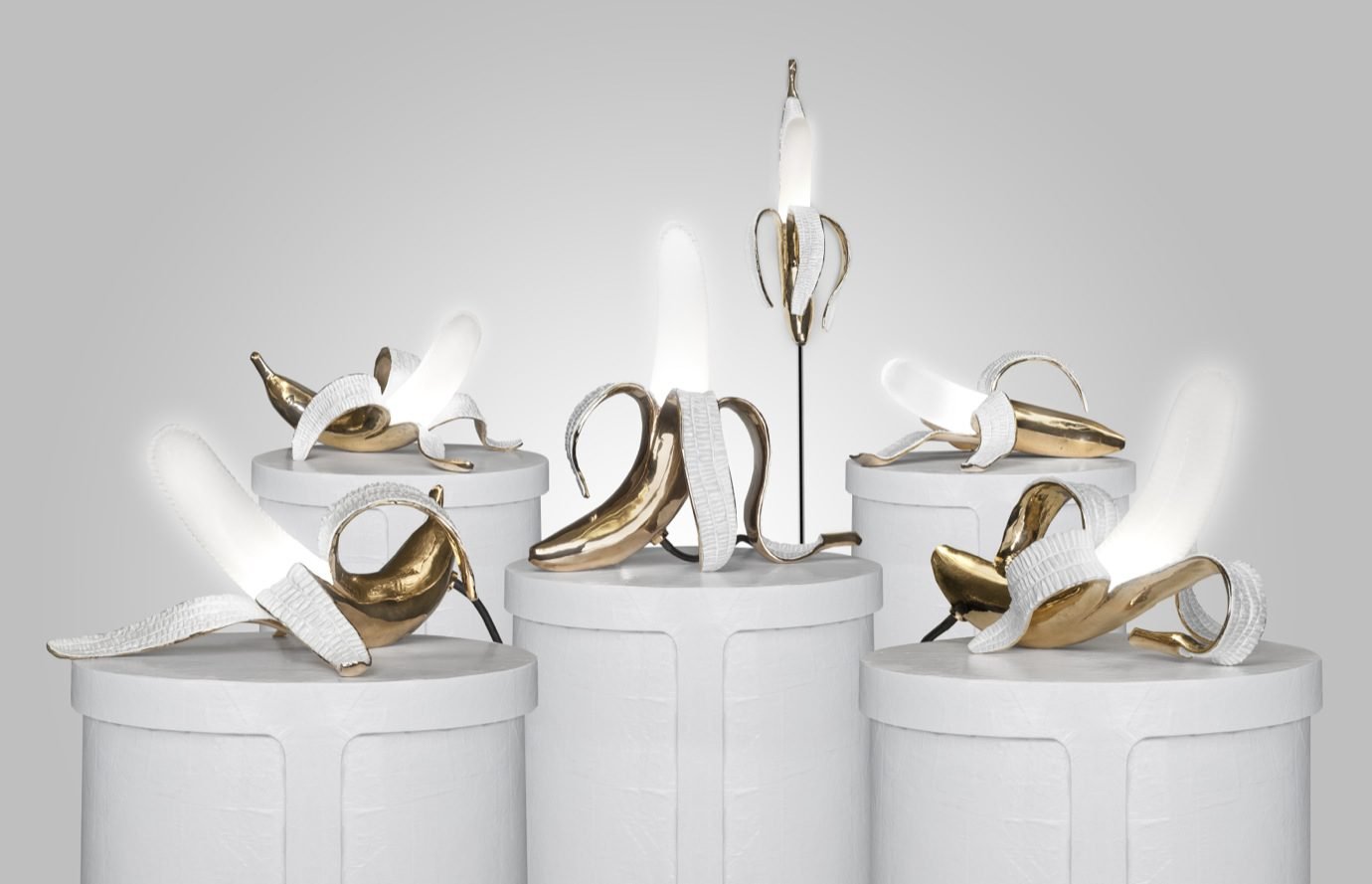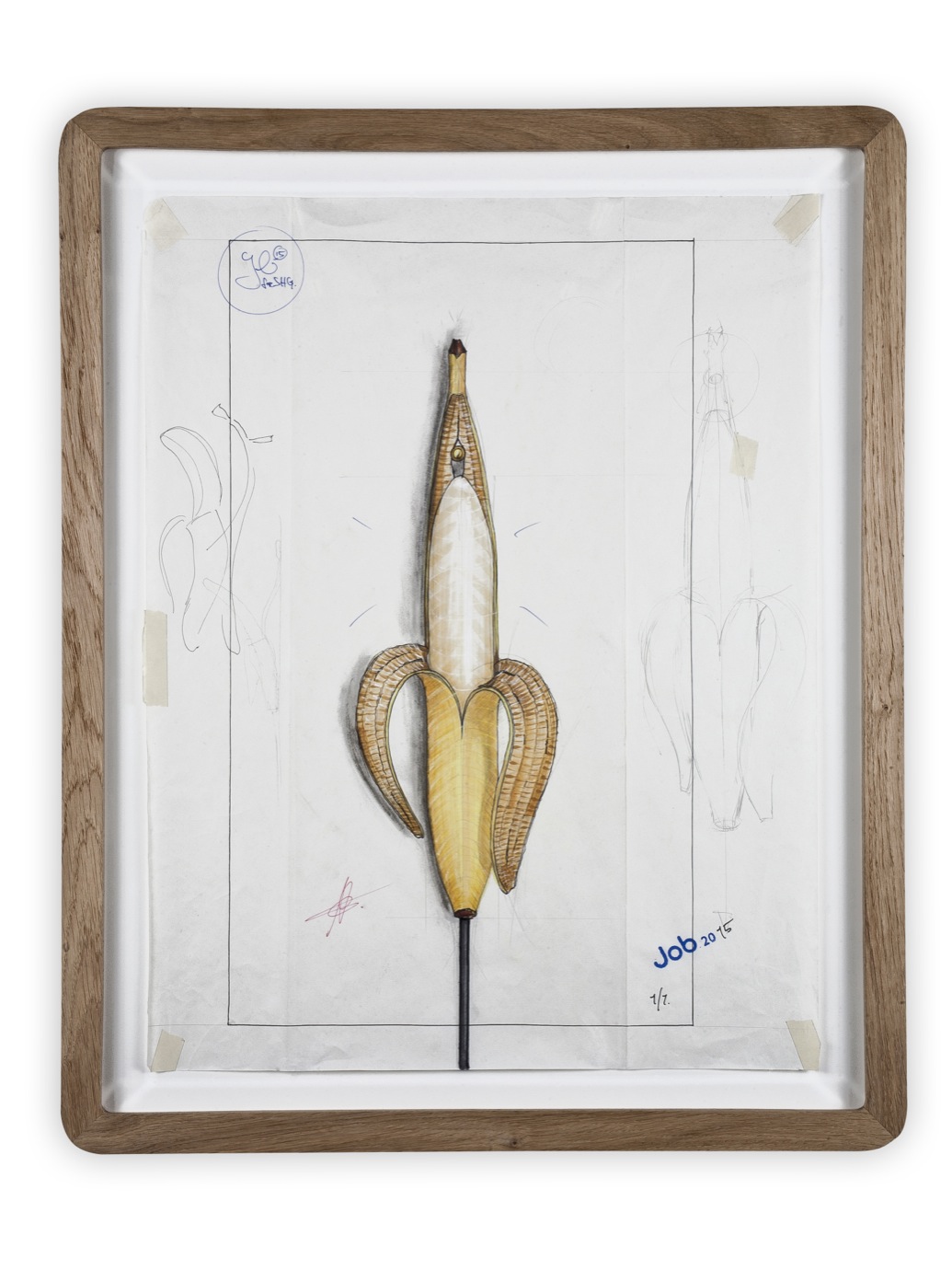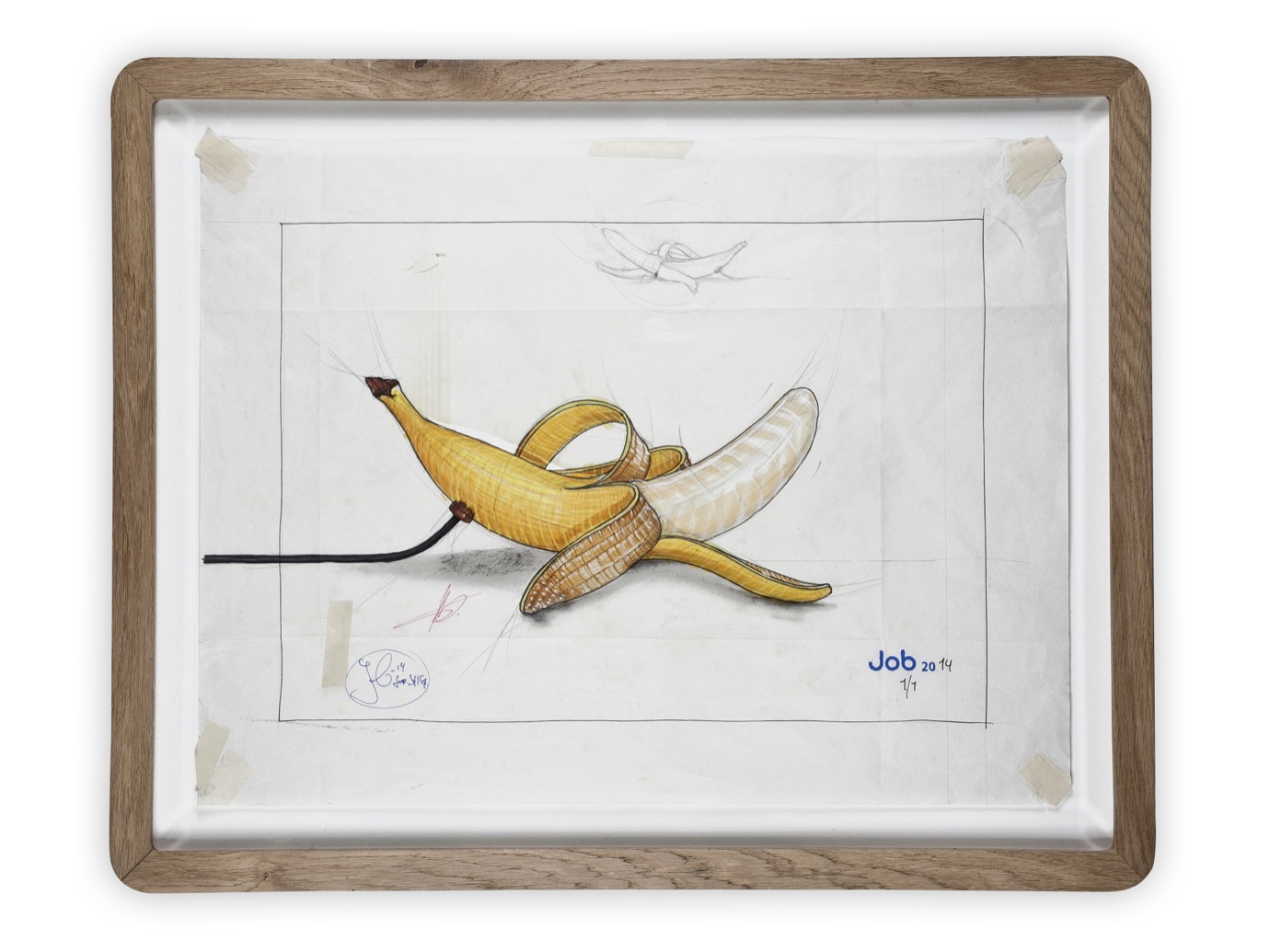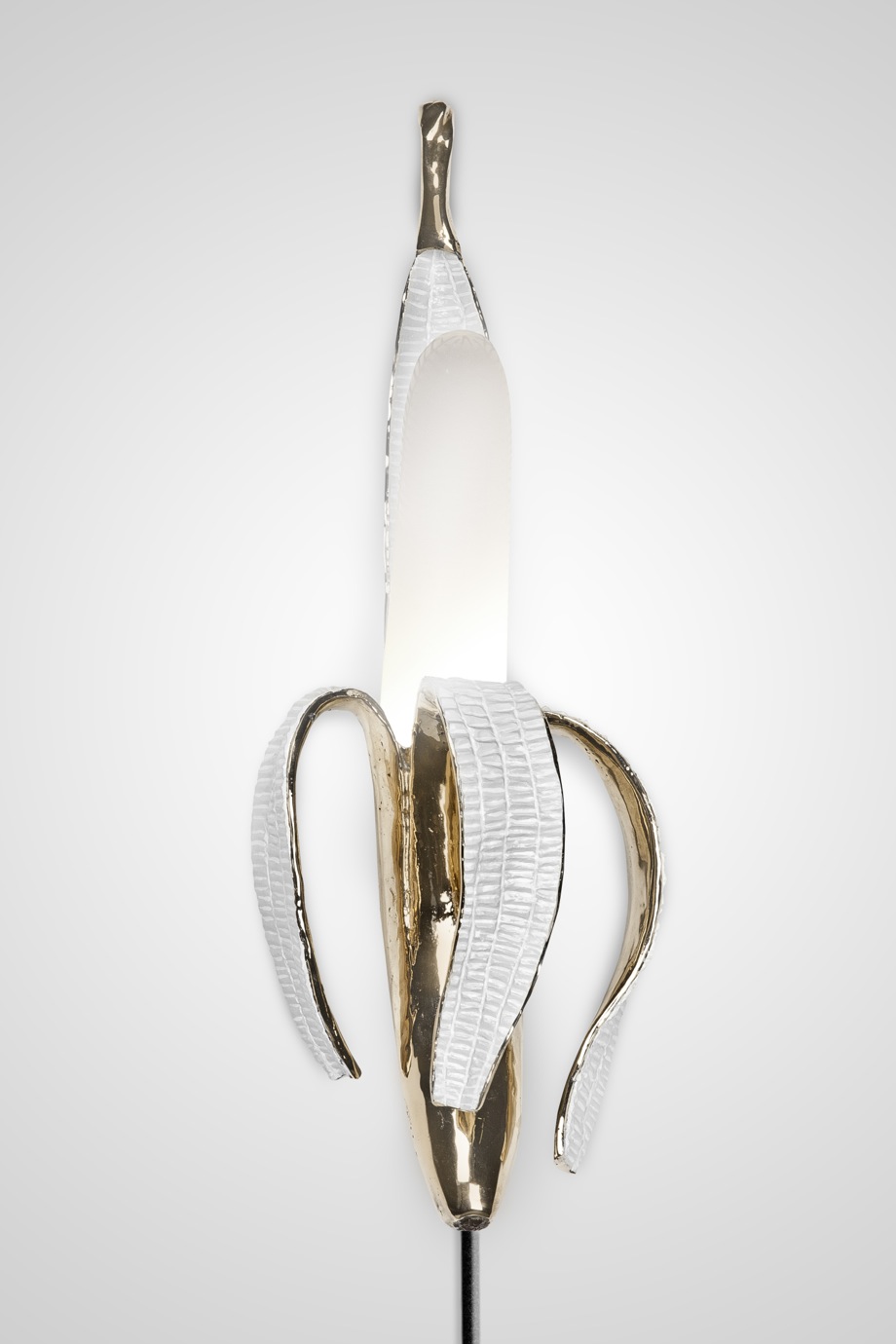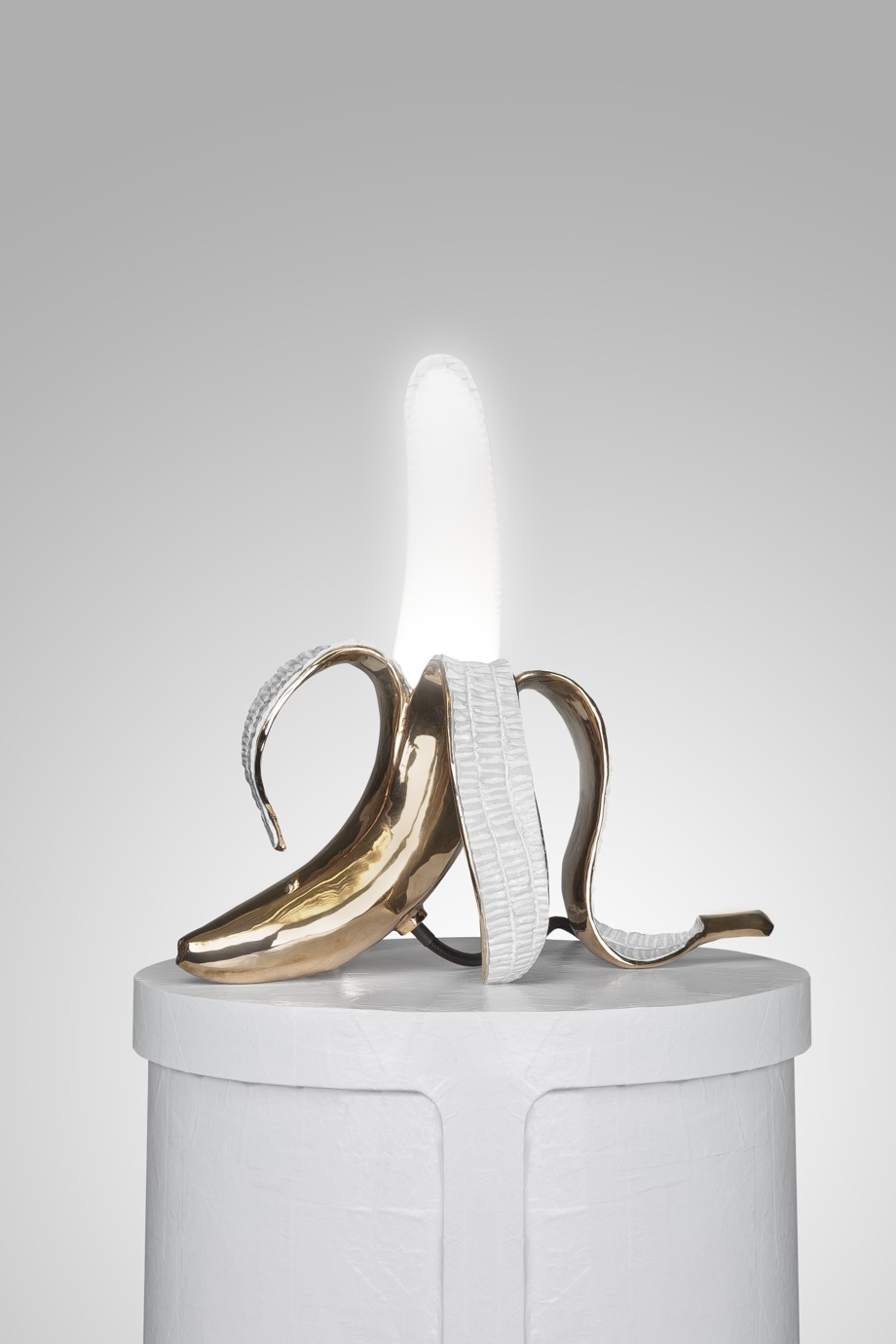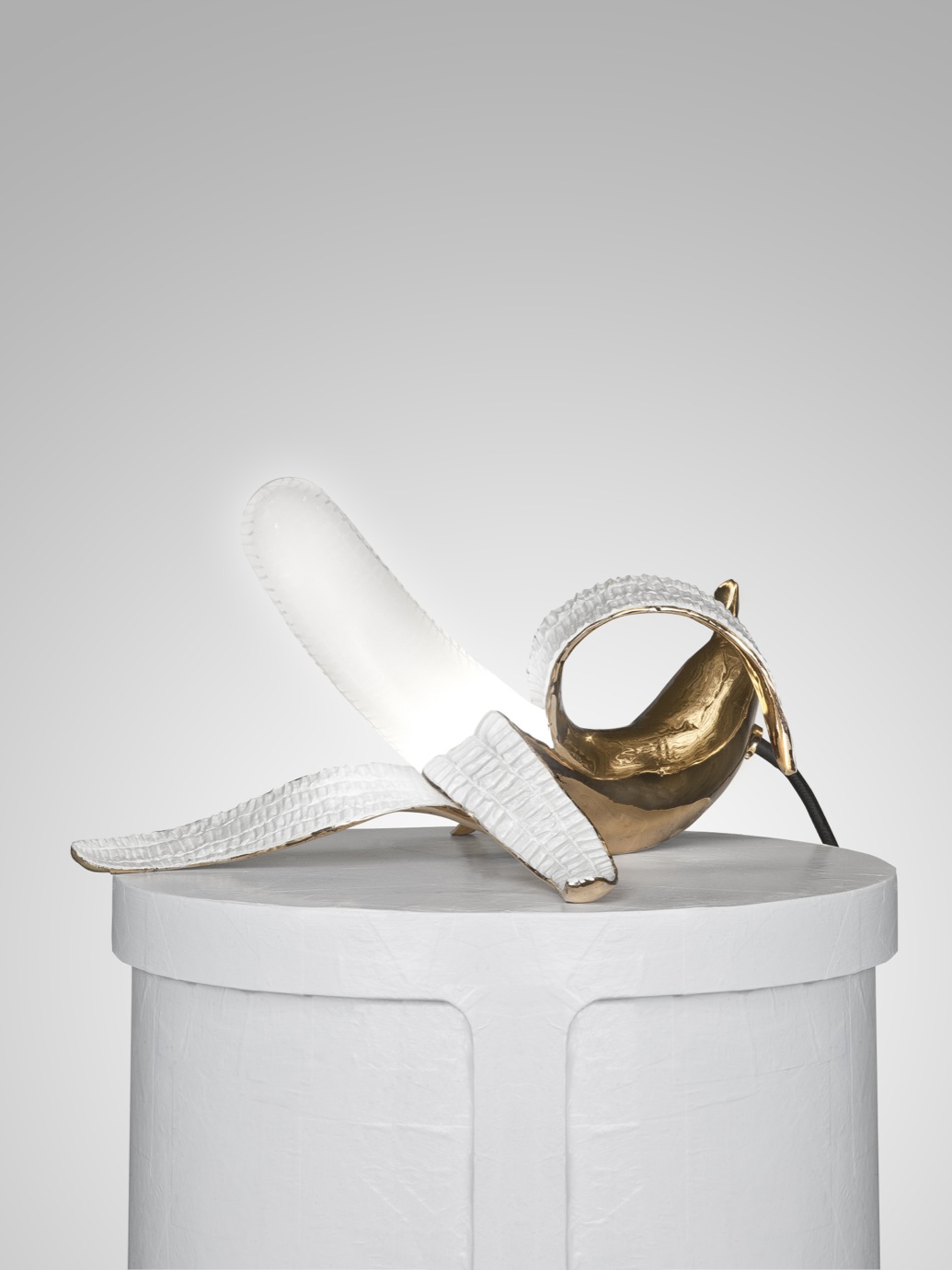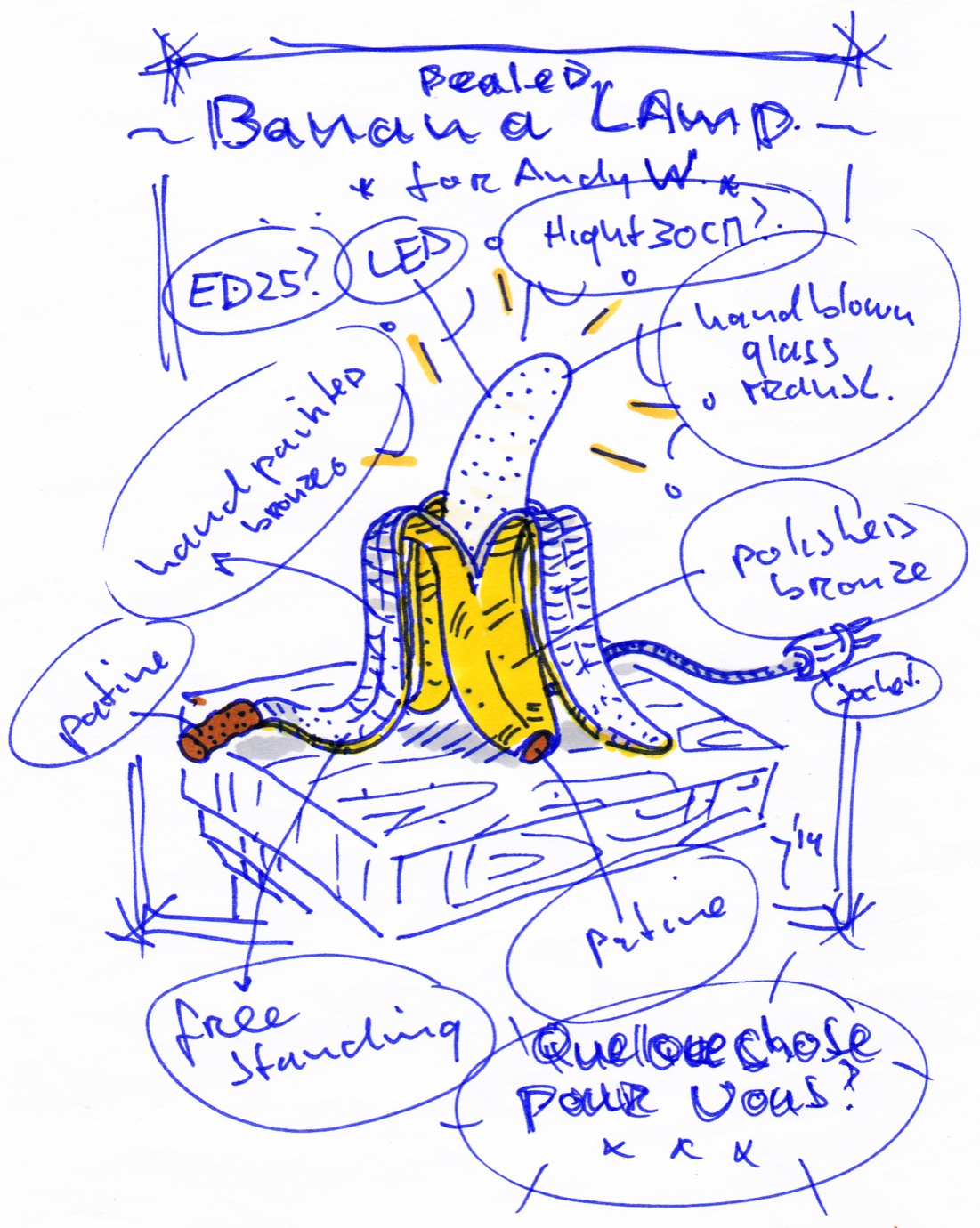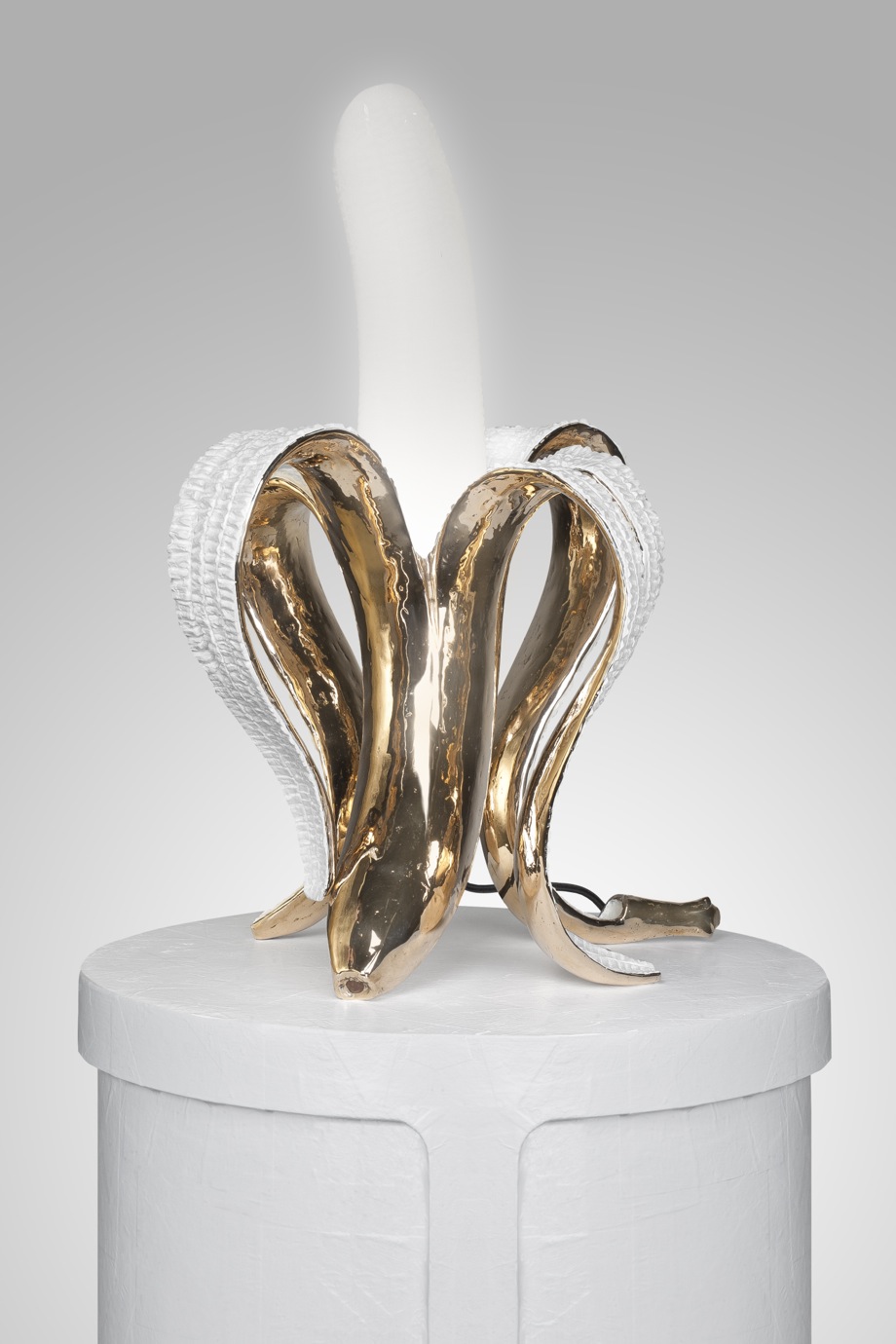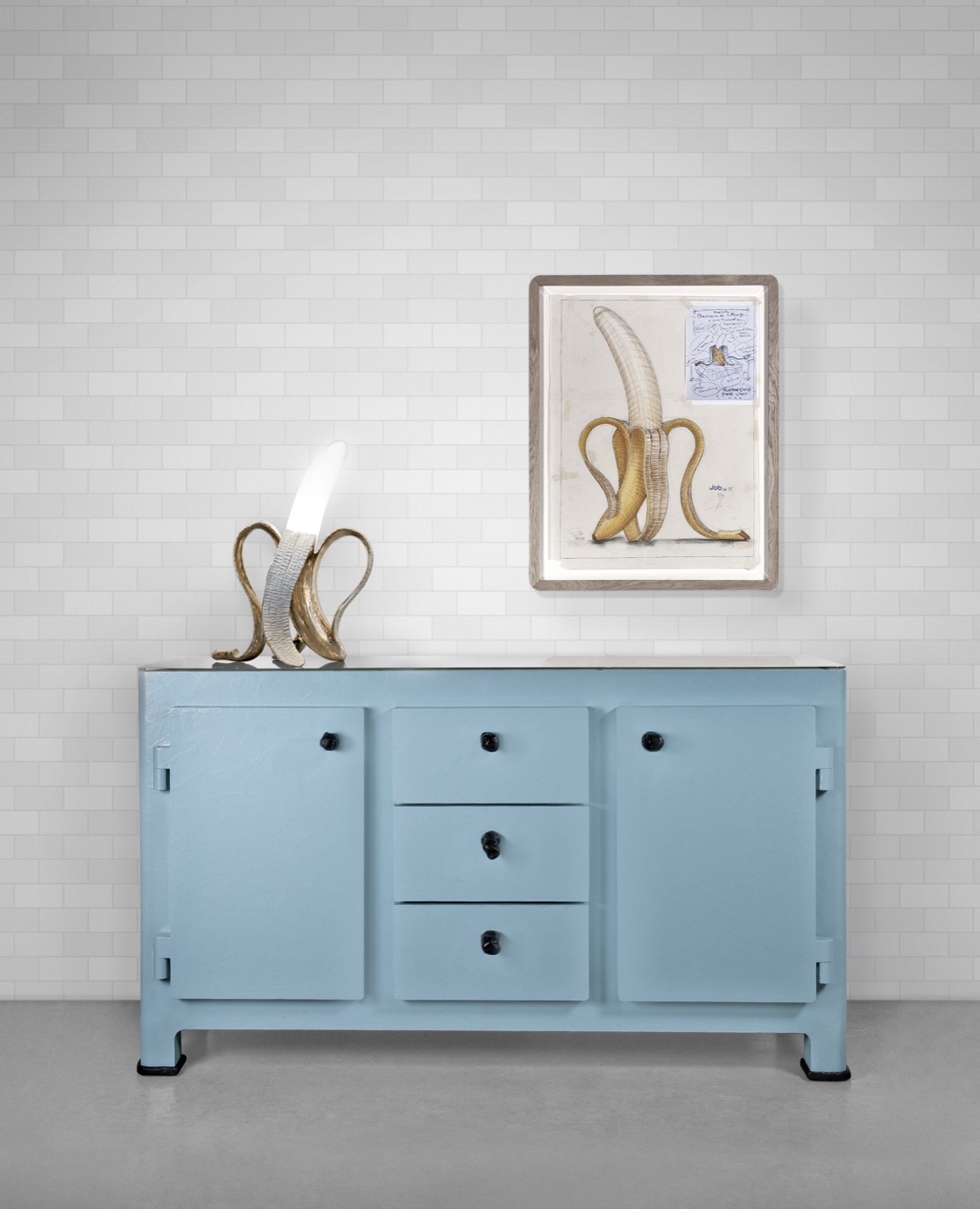The seaside town of Knokke has been a major weekend getaway destination for sun-greedy city folks of Brussels for years. It is located strategically close to the Dutch border while its beaches lie adjacent along “the Belgian Riviera” where the likes of James Ensor or Alfred Verwee brought Knokke to fame in the late 19th century. This romantic period was also a time when German composer, Richard Wagner, came up with the concept of Gesamtkunswerk, or translated as “the synthesis of arts.” This new collaborative philosophy brought changes to fashion as the industry began to redefine ideas of space, volume, and movement. When Viktor & Rolf unveiled their A/W 2013 collection in Paris, critics were equally fascinated in the total-work aesthetics of their show, including the scenography of wilting flowers acting as backdrop for the runway, designed by another duo known as Studio Job. Their inspiration came from the work of a 19th century English textile designer, William Morris.
Last August, the same design duo paid homage to something less traditional at the Samuel Vanhoegaerden Gallery located along Knokke’s infamous promenade, Het Zoute. “The banana is becoming a monument,” exclaimed Job, one of the founders. “It refers to Andy Warhol — and bananas are the most popular fruit in the world.” He started his career by founding a different company, called Oval. “One of my final exams included launching a very successful design company while also destroying it again,” he explains. “So it was like a rise and fall (like a phoenix), but more inspired by Ziggy Stardust from David Bowie. We launched products during my final exam and it became successful with a lot of publicity and sales. Unfortunately I had to finish it because otherwise it wouldn’t be the rise and fall but it would just be a rise.”
“We believe that we are living in a post-craft era.”

